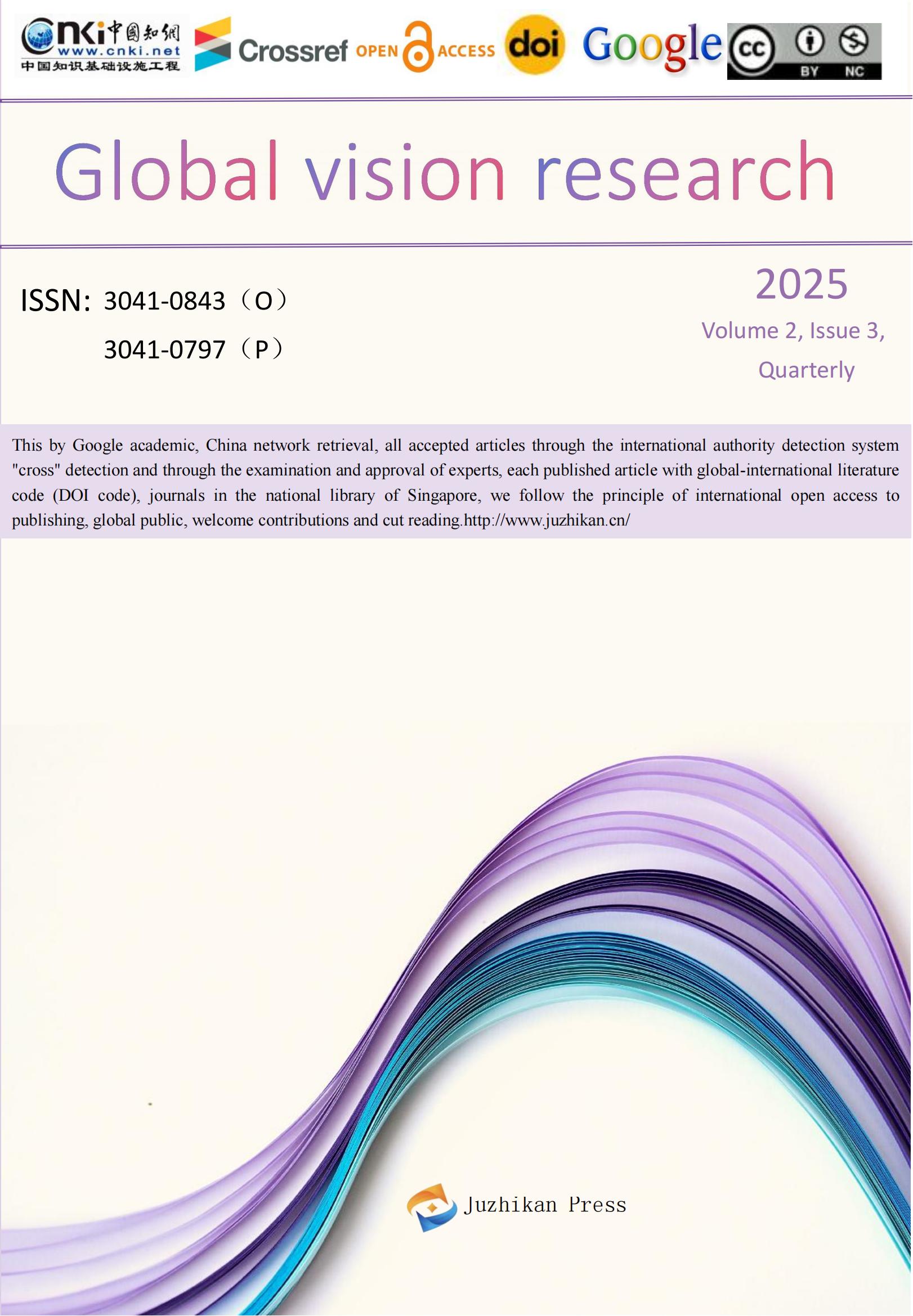
 info@juzhikan.asia
info@juzhikan.asia
 info@juzhikan.asia
info@juzhikan.asia
Optimization Strategy of University Practical Teaching System Based on the Integration of Industry and Education
QuanYiJun Ma Jian(Corresponding author )
Dongshin University , Naju City South Jeolla Province South Korea,58245;
Abstract:In the context of economic globalization and rapid technological progress, industry-education integration is essential for reforming university practical teaching. This study analyzes the current system, identifying key issues: uneven resource distribution, superficial university-enterprise cooperation, and a mismatch between teaching content and industrial demands. Root causes are explored from institutional, mechanistic, and enterprise participation aspects.
Accordingly, optimization strategies are proposed, including refining curriculum design, deepening school-enterprise cooperation, enhancing the "double-qualified" faculty, strengthening policy support, and establishing a diversified evaluation system. These measures aim to improve teaching quality and foster high-caliber applied talents. In summary, industry-education integration drives practical teaching development, necessitating continuous system optimization for economic and social progress.
Keywords:Industry-education integration;University practical teaching;Optimization; School-enterprise cooperation;Double-qualified faculty
References
[1] Wang Ming University-Industry Collaboration in China: Models, Challenges, and Policy Implications[M]. Singapore: Springer, 2021.
[2] Zhao Zhan, L. Practice-Oriented Higher Education: Theory and Reform in the Context of Industry-Education Integration[M]. London: Routledge, 2022.
[3] Li, J. Reforming Higher Education in China: Beyond the Expansion[M]. New York: Palgrave Macmillan, 2020.